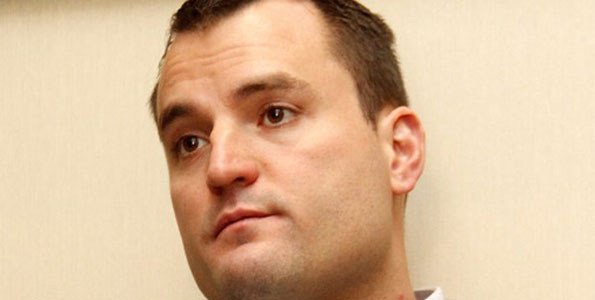The following feature was first published in the Business Daily.
The extent to which Kenya’s nascent oil industry has unravelled emerged on Tuesday as logistics firm Atlas Development liquidated local operations on uncertainty over payment of Sh225 million ($2.2 million), part of it owed by Turkana explorer Tullow Oil.
The oil and gas logistics firm’s operations mainly centred on two large contracts with oil exploration firm Tullow and the Geothermal Development Corporation (GDC), which accounted for more than 90 per cent of its outstanding debt.
The company, which is listed on both the Nairobi Securities Exchange (NSE) and London Stock Exchange, cited the bad debts amid low oil prices as the reason for closing down its Kenyan subsidiaries Ardan Logistics, Ardan Medical Services and Ardan Civil Engineering.
“The total receivable that we have across the group is about $2.35 million… the smaller amounts owing, about $150,000 is what we expect we will get over the next one month,” said Atlas chief financial officer Barry Lobel.
“Unfortunately it has reached a point where we don’t have any clarity on when we are going to get paid, so we feel it is in our creditors’ best interest that we put in a formal process where legal action can go in so that we get paid and settle our creditors.”
According to Mr Lobel, Atlas which will retain the NSE listing has already engaged lawyers and sent demand notes to the debtors, but the process of recovering the money is expected to be long and drawn-out.
The fall in oil prices has left oil companies in the Kenyan upstream sector facing tighter financing prospects leading to scaling down of operations and farming out of oil block stakes to larger companies in order to raise capital.
Tullow Oil and its partner Africa Oil have, however, recently committed to keep up regional exploration, having been the most successful in discovering oil among the companies prospecting in Kenya over the past three years.
But they are understood to be scaling down activity causing jitters amongst contractors and employees. Its partner at the Turkana field, Africa Oil, recently sold stakes to Helios and Maersk.
On the back of the liquidation, Atlas expects to draw a line under the loss-making Kenyan business which is expected to pull down the firm’s revenue to $15 million (Sh1.5 billion) in 2015 from $40 million (Sh4 billion) in 2014.
GDC on its part has been in the spotlight due to corruption allegations against senior managers who have been accused of interfering with tenders, with managers including CEO Silas Simiyu hauled to court which has the potential of paralysing the operations.
Atlas recently established an industrial division as it diversifies from logistics. The firm has entered into partnership with Ethiopian infrastructure company Orchid Group and acquired a stake in East Africa Packaging Holdings Limited, also of Ethiopia.
The firm’s Kenyan shareholders will therefore rely on the Ethiopian businesses for returns.
The company’s share has taken a hit at the NSE as a result of the poorer business climate, falling by 18 per cent yesterday to Sh1.75, to bring the year to date decline to 85 per cent.
According to Genghis Capital analyst Kaigua Munyi, the exit from the Kenyan oil sector could be seen as a positive strategic move for shareholders in the short run, as the company focuses its resources more prudently.
“We therefore feel that for shareholders, Atlas more prudently focusing their finances and diversification (through East Africa Packaging Holdings Limited) can be regarded as a positive strategic move, especially when considering the forecasted average low oil prices,” he said.
Mr Munyi noted that the drop in oil prices has seen the smaller companies that are heavily dependent on leveraging record a significant decrease in expenditure, with some like Pancontinental and Tower Resources selling off their Kenyan interests.
“However we are under the assumption that the recent joint venture as well as diversification- into an industrial division- does not initially have the significant infrastructure to attain revenues similar to those made through their Kenyan unit.”









